Bone marrow transplant is a medical process in which doctors replace deteriorated bone marrow cells with new and healthy one. Bone marrow is the fatty tissue inside our bones which forms blood cells. In Kenya, the medical services related to transplant are not up-to the mark. World Health expert provides full bone marrow transplant in India in the comfort pocket zone of international patient.
The transplant types we provide are:-
- Autologues Transplant – In this type of bone marrow transplant, we remove your stem cells first and then let your body go through chemotherapy and other radiation treatments. After the completion of chemotherapy, we supply your stem cells back into your body to further form blood cells.
- Allogenic Transplant – In this type of transplant, we remove the stem cells from a donor’s body and put into patient’s. The genes of donor must partly match the genes of patient. Mostly the parents, siblings or relatives are found to be good matches.
- Umbilical Cord Blood Transplant – In this transplant, we remove the stem cells of a new born baby at the time of birth only store them in deep freeze untitled there is a need for them during the transplant. In such transplants, it takes a long time to retain the blood count.
The need for Bone Marrow Transplant
If the bone marrow is not working properly or radiations have destroyed them, person needs a transplant. The donor’s white cells get attached to cancerous cells and destroy them.
Mostly in general cases and our doctors suggest bone marrow transplant if someone suffers from:-
- Any type of cancer like leukemia, lymphoma or multiple myeloma.
- A destroyed bone marrow through chemotherapy.
- Any disease discouraging the formation of bone marrow cells inside the body like thallasemia ,neutropenia and aplastic anemia.
Risks of bone marrow transplant:-
- Pain in chest
- Fever
- Fluctuating blood pressure
- Nausea
- Acute pain
- Breath shortness
Before the process
Before the treatment, patient goes through several tests. Also tube insertion is done inside your neck to allow the inflow of nutrition and other important fluids. The patient is asked about the emotional stress he/she is facing due to the transplant. In few cases patients meet psychiatrists to discuss their problems.
After the process
We or any other medical organization restricts the patient to meet anyone to prevent infections after the treatment. Also vessel feeding is done until patient can eat through mouth. The amount of time you need to stay in hospital after the treatment depends upon its type.

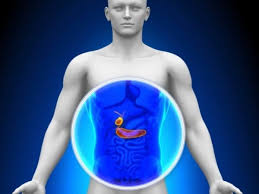

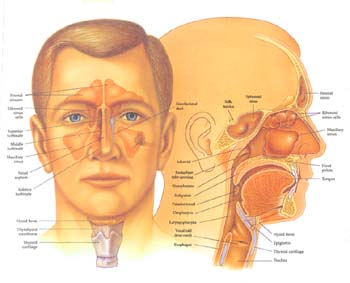
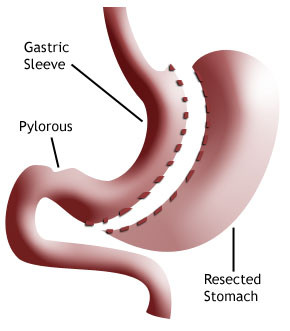


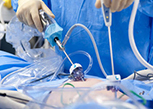
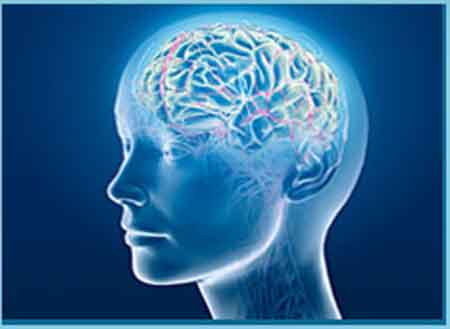







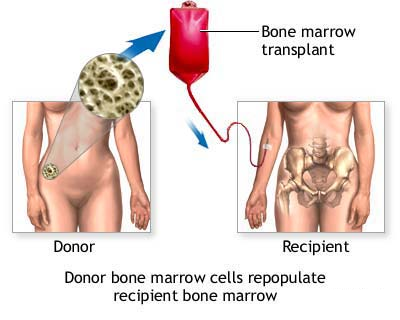

 Jake, Male, 55, UK
Jake, Male, 55, UK
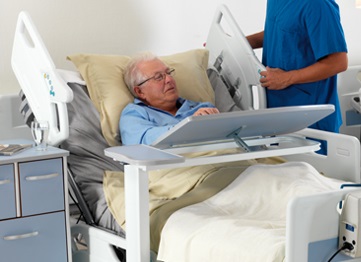 Sulaiman, Male, 68, Africa
Sulaiman, Male, 68, Africa
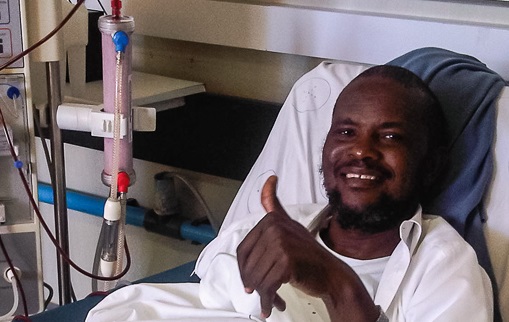 Azizi, Male, 44, Swahill, East Africa
Azizi, Male, 44, Swahill, East Africa
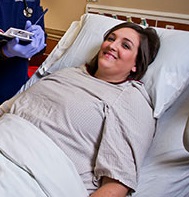 Abam, 27, Female, Ghana
Abam, 27, Female, Ghana
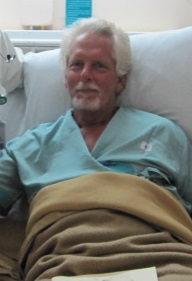 Fazah, 60, Male, Africa
Fazah, 60, Male, Africa
 George, 48 years, Male, UK
George, 48 years, Male, UK
 Jacob, 58 years, Male, US
Jacob, 58 years, Male, US
 Halisi, 40 years, Female, Kenya
Halisi, 40 years, Female, Kenya
 Saarah, 56 years, female, UK
Saarah, 56 years, female, UK
 Adhra, 35 years, female, Tanzania
Adhra, 35 years, female, Tanzania
